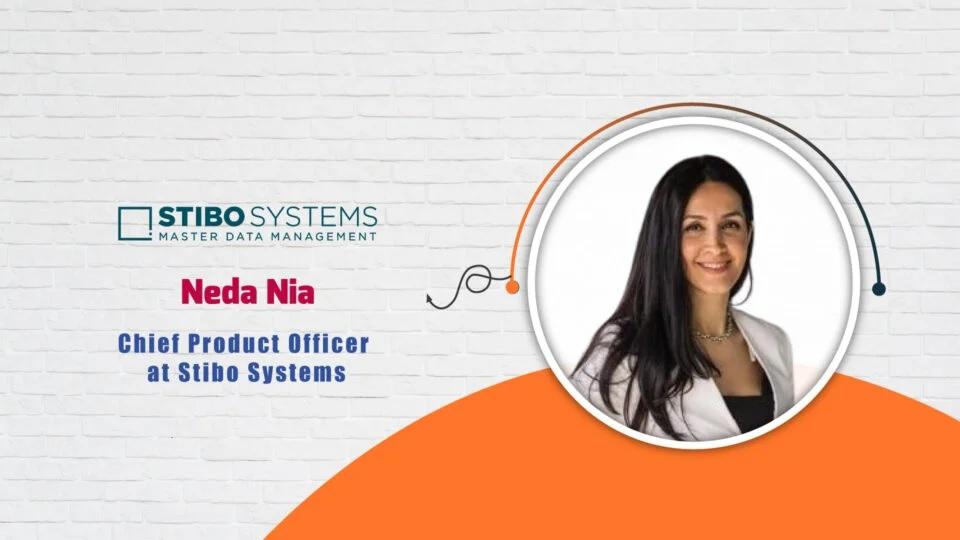Could you share a couple of customer examples where Stibo Systems’ solutions have significantly contributed to their growth and efficiency? How did multi-domain MDM play a role in this?
Stibo Systems has a robust customer base of about 600, and each customer has had results using our solutions. We help with data operations and internal efficiencies around managing data, but more importantly, we help them scale their business and drive business value. Most of our customers are billion-dollar-plus revenue customers – you can imagine they have many employees who touch data, and there are many handovers in the process, leading to high cost of data ops. Using our products help them reduce waste in the process and also reduce data liability.
Imagine you are a manufacturing company trying to sell a product or service on a digital shelf, whether that digital shelf sits within your own channel or other channels such as Amazon or other marketplaces. Now, imagine the data you published about your product or service is wrong. Besides the embarrassment of having incorrect data, there can be legal consequences, not to mention lost revenue because customers will buy something they were misinformed or misguided on. So, the impact of not having a data management platform can be utterly negative.
Next, picture you are a retailer tasked with increasing your supplier count by 25%, but you don’t have one single headcount to deal with these suppliers. If you are interacting with your suppliers through spreadsheets and emails instead of a solution like Stibo Systems, that will be almost impossible. The same example applies if you are heavily investing in AI, and your machine learning modules are not giving you sufficient results unless you have trustworthy data. Therefore, you will not get the ROI on your data science teams and machine learning applications – recommendations or decision engines all need accurate data.
How do you envision the role of multi-domain master data management evolving in the context of sustainability over the next few years?
More so than ever, businesses are moving beyond sustainability pledges and setting carbon footprint benchmarks and targets. The next phase is about being able to prove the milestones you’ve hit, not only to shareholders and internal stakeholders but to current and future customers. As I said before, nobody has every answer yet – but I feel confident in saying that accurate and transparent data is a big first step toward being able to meet and prove the work that’s being done to lower our carbon footprints and grow sustainably.
Is there anything else you’d like to add or share with our audience about Stibo Systems’ vision and its impact on businesses and the world at large?
I feel it’s important to point out that Stibo Systems is a business with a conscience. Meeting our sustainability and ESG goals is a realization of our company culture and who we want to be as an organization. We’re taking the same steps as our customers to ensure we are a responsible organization and take actions which are most efficient and beneficial to the surrounding environment and diverse communities. As a symbol of our sustainable growth and development, we plant a tree for every one of our new customers and employees. We are on a journey, and we want to bring our customers along with us.
To Know More, Read Full Interview @ https://ai-techpark.com/aitech-interview-with-neda-nia/
Read Related Articles:




